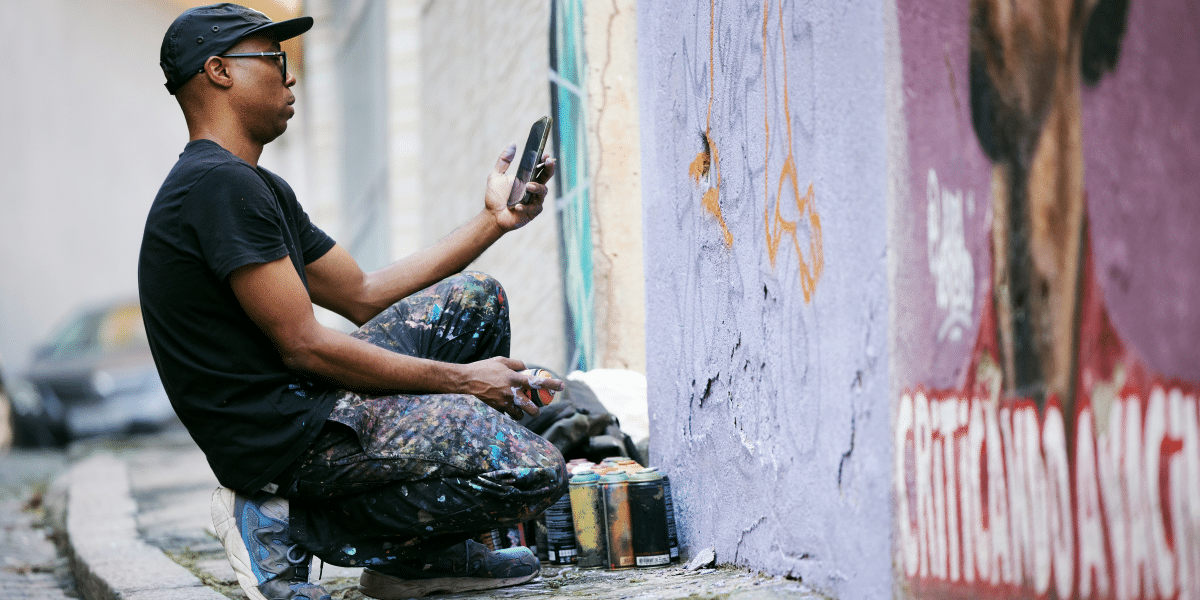Building the Perfect Team for Your Startup: Key Steps to Success
Launching a startup is an exciting venture filled with potential and promise. However, one of the most critical factors in determining the success of your startup is building the right team. From visionaries and innovators to experts in marketing and finance, assembling a team with the right mix of skills, experience, and passion can make all the difference. In this article, we’ll explore the essential steps to building the perfect team for your startup and setting yourself up for success in the competitive business landscape.
1. Define Your Vision and Values
Before you can start assembling your dream team, it’s essential to define your vision and values as a startup. What problem are you trying to solve? What sets your business apart from the competition? What principles and beliefs will guide your company culture? By establishing a clear vision and set of values, you can attract like-minded individuals who are passionate about your mission and committed to your success.
2. Identify Key Roles and Responsibilities
Once you have a clear vision in mind, the next step is to identify the key roles and responsibilities needed to bring that vision to life. Consider the specific skills, expertise, and experience required to execute your business plan effectively. This may include roles such as CEO, CTO, CFO, marketing manager, product developer, and customer service representative. By clearly defining each role and its responsibilities, you can ensure that you’re recruiting the right talent for the job.
3. Seek Out Diverse Perspectives
Diversity is a valuable asset in any startup team. By bringing together individuals with diverse backgrounds, experiences, and perspectives, you can foster creativity, innovation, and problem-solving. Look for team members who bring different skill sets, viewpoints, and approaches to the table. Whether it’s diversity in terms of gender, race, ethnicity, or professional background, embracing diversity can enrich your team and drive success.
4. Leverage Your Network
Your personal and professional network can be a valuable resource when it comes to recruiting talent for your startup team. Reach out to colleagues, mentors, industry contacts, and alumni networks to spread the word about your startup and attract potential team members. Attend networking events, industry conferences, and startup meetups to connect with like-minded individuals who may be interested in joining your venture. Don’t underestimate the power of word-of-mouth referrals and recommendations when it comes to building your team.
5. Look for Passion and Commitment
Passion and commitment are essential qualities to look for in potential team members. Building a startup requires dedication, perseverance, and a willingness to roll up your sleeves and do whatever it takes to succeed. Look for individuals who are genuinely passionate about your mission and excited about the opportunity to make a difference. Assess their level of commitment and willingness to take on challenges and adapt to the ever-changing startup environment.
6. Conduct Thorough Interviews
When evaluating potential candidates for your startup team, it’s essential to conduct thorough interviews to assess their skills, experience, and fit with your company culture. Ask probing questions to gauge their problem-solving abilities, creativity, and alignment with your vision and values. Look for evidence of past achievements, entrepreneurial spirit, and a track record of success in their respective fields. Don’t hesitate to seek input from other team members or advisors during the interview process to ensure you’re making the right hiring decisions.
7. Foster a Culture of Collaboration and Growth
Once you’ve assembled your startup team, it’s essential to foster a culture of collaboration, communication, and continuous growth. Encourage open dialogue, idea sharing, and constructive feedback among team members. Provide opportunities for professional development, mentorship, and skill-building to help your team members thrive and reach their full potential. By creating a supportive and empowering work environment, you can cultivate a strong sense of camaraderie and shared purpose among your team.
8. Be Flexible and Adapt as Needed
Building the perfect team for your startup is an ongoing process that requires flexibility and adaptability. As your business grows and evolves, your team may need to adapt to new challenges, opportunities, and priorities. Be open to feedback, course corrections, and changes in direction as needed. Stay agile and responsive to emerging trends and market dynamics, and empower your team to innovate and iterate as you navigate the startup journey together.
Laying the Foundations
Building the perfect team for your startup is a critical step in laying the foundation for success. By defining your vision and values, identifying key roles and responsibilities, seeking out diverse perspectives, leveraging your network, looking for passion and commitment, conducting thorough interviews, fostering a culture of collaboration and growth, and being flexible and adaptable, you can assemble a team that is poised for greatness. With the right mix of talent, passion, and dedication, your startup can overcome challenges, seize opportunities, and achieve its full potential in the competitive business landscape.








